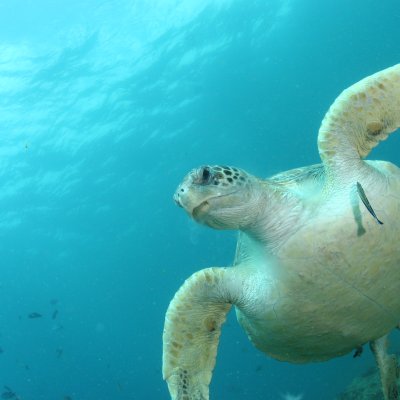Increasing reforestation efforts in coastal regions could substantially reduce the amount of sediment run-off reaching coral reefs and improve their resilience, a University of Queensland-led study has found.
16 September 2021Brisbanites love their Queenslander-style homes, valuing them for their history, aesthetic pleasure and climatic comfort, according to University of Queensland research.
30 July 2020A newly developed mathematical framework known as “Safe Blues” mimics disease spread through mobile technology and could lead to safer and more effective easing of social distancing.
6 May 2020Logging of native forests increases the risk and severity of fire and likely had a profound effect on the recent, catastrophic Australian bushfires, according to new research.
6 May 2020A University of Queensland team has met a key milestone in their fast-tracked research to develop a vaccine for the coronavirus, COVID-19.
21 February 2020A new approach to compensate for the impact of development may be an effective alternative to biodiversity offsetting – and help nations achieve international biodiversity targets.
12 February 2020Research into the toxin of the world’s only venomous primate, the slow loris, is shedding light on the potential origins of the allergic qualities of cats.
5 February 2020An online mapping and knowledge platform prototype could soon offer free and easily accessible information on the migratory patterns of endangered species in the ocean.
10 October 2019Deforestation in Colombia has been linked to armed conflict and forests’ proximity to coca crops, the plant from which cocaine is derived.
13 August 2019Environmental defenders on the front line of natural resource conflict are being killed at an alarming rate, according to a University of Queensland study.
6 August 2019The search for a global Streptococcus A vaccine has narrowed after researchers sequenced the DNA of more than 2000 samples of the bacteria worldwide.
28 May 2019A 24-tonne dinosaur may have walked in a ‘high-heeled’ fashion, according to University of Queensland research.
17 May 2019A trial of ways to cool turtle nests is underway in Queensland’s Far North as global warming threatens turtle populations throughout the tropics.
11 February 2019Artificial intelligence and extensive satellite imagery have allowed researchers to map the world’s intertidal zones for the first time, revealing a significant loss of the crucial ecosystem.
20 December 2018The dodo, the passenger pigeon and the Tasmanian tiger are well-known victims of extinction caused by human behaviour, but could their status be used to help conservation efforts from beyond the grave?
18 May 2016Toxic plastic is wreaking havoc on marine life – and University of Queensland researchers fear it could be making its way up the food chain and ending up on our dinner plates.
10 March 2016Australia’s saltwater crocodiles appear to be in hot water, with a University of Queensland study linking climate warming to shorter dives, putting the crocs’ survival at risk.
16 December 2015University of Queensland scientists are calling for greater international collaboration to save the world’s migratory birds, with research finding more than 90 per cent of species are inadequately protected due to poorly coordinated conservation...
4 December 2015An international study led by a University of Queensland researcher has revealed more than half the world’s sea turtles have ingested plastic or other human rubbish.
14 September 2015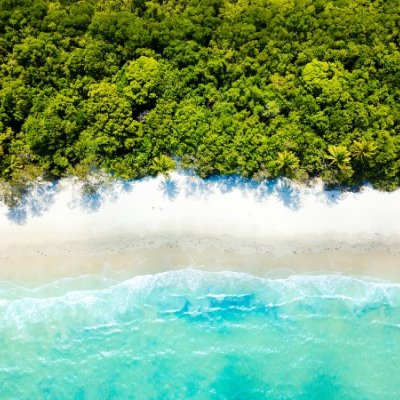

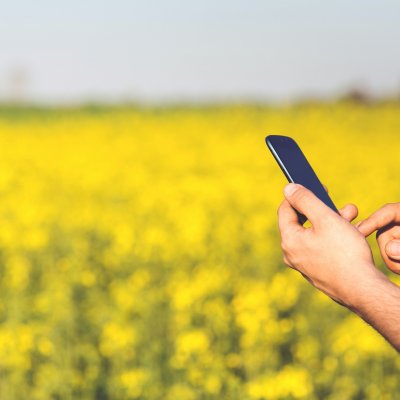

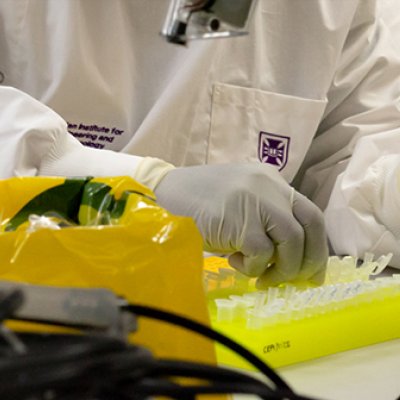
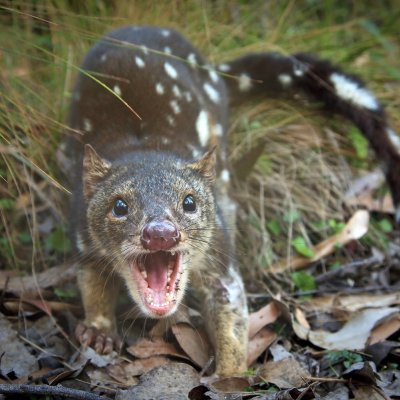
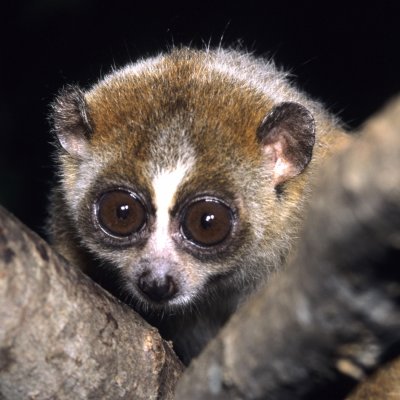
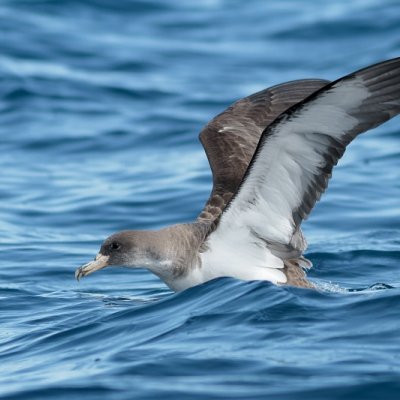
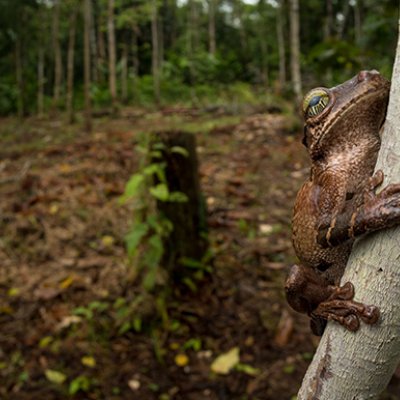
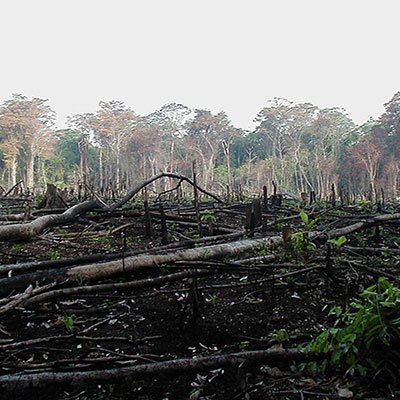
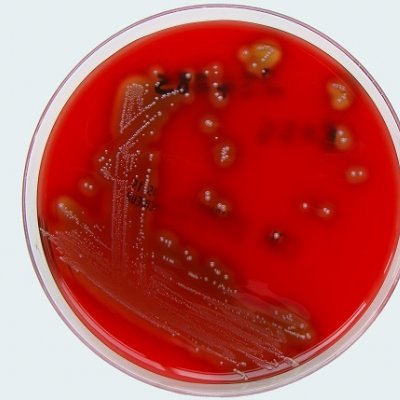
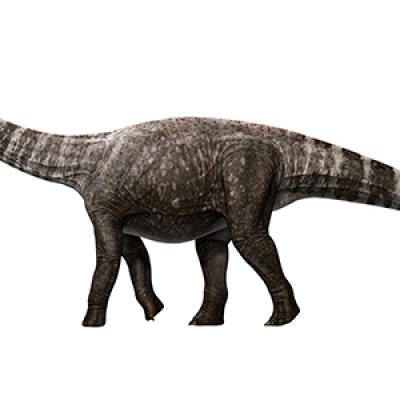
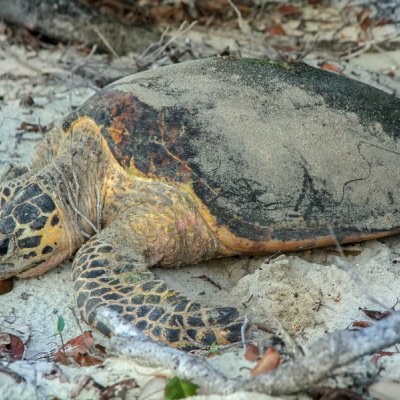
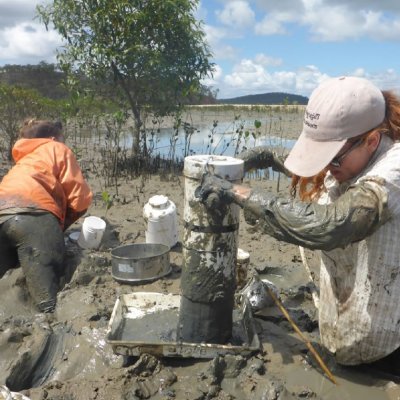
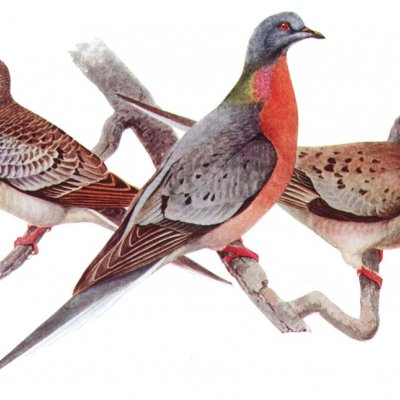
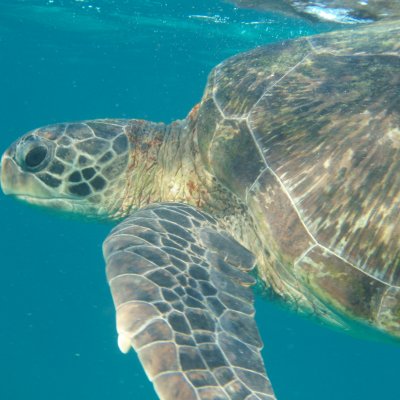
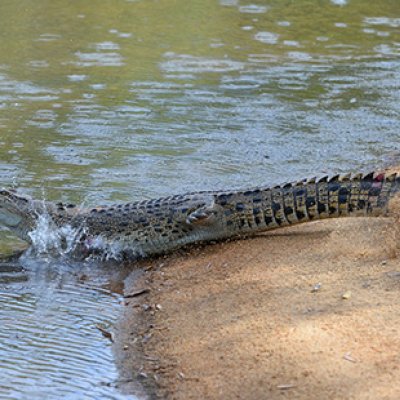
.jpg?itok=LrxrnD_s)
